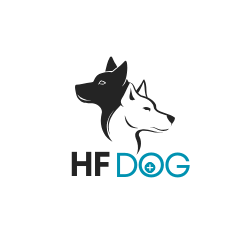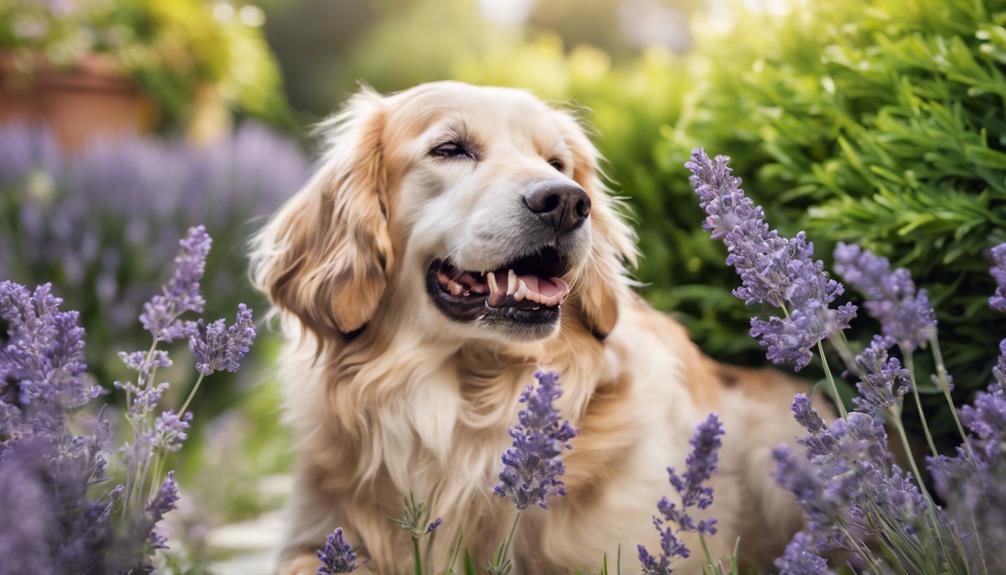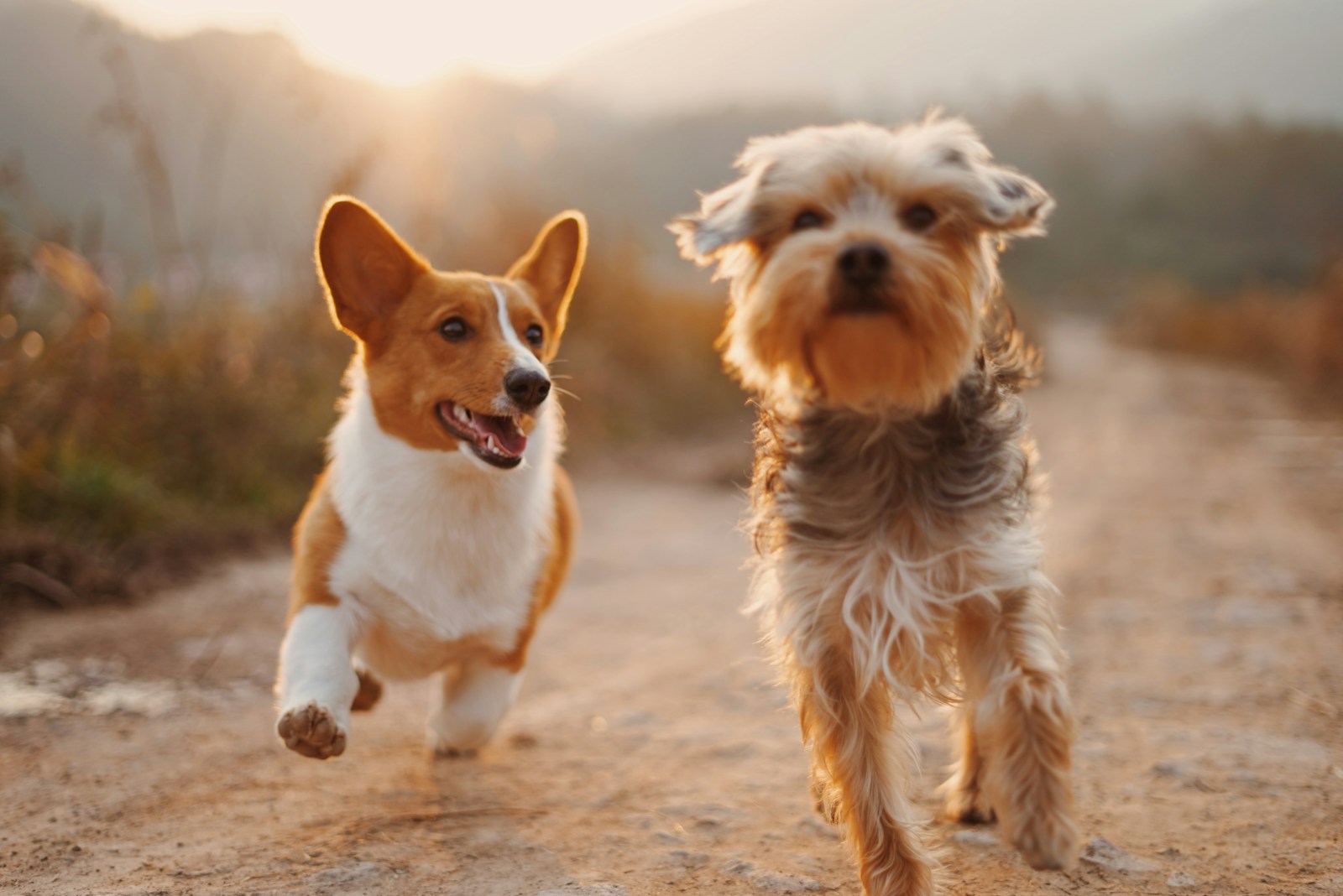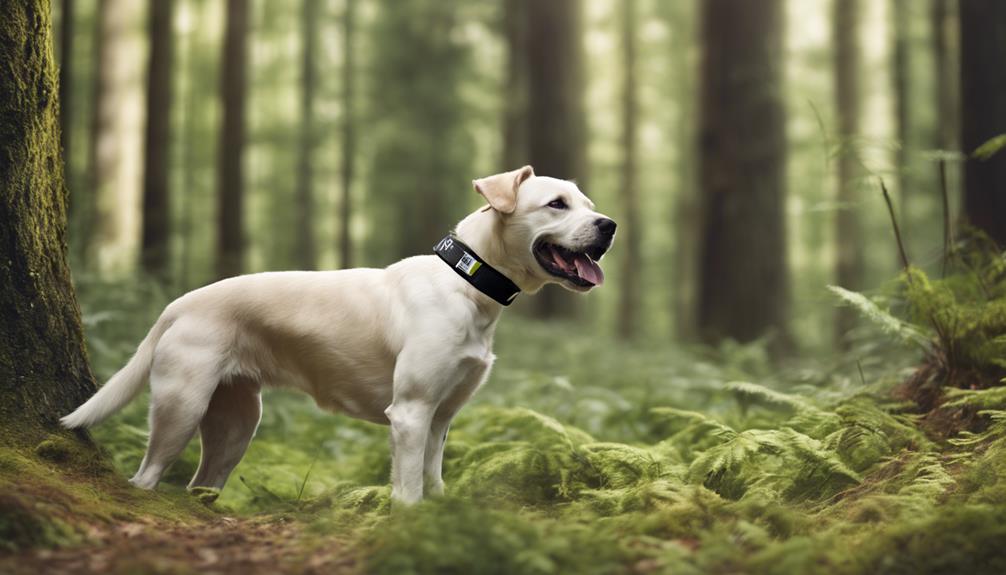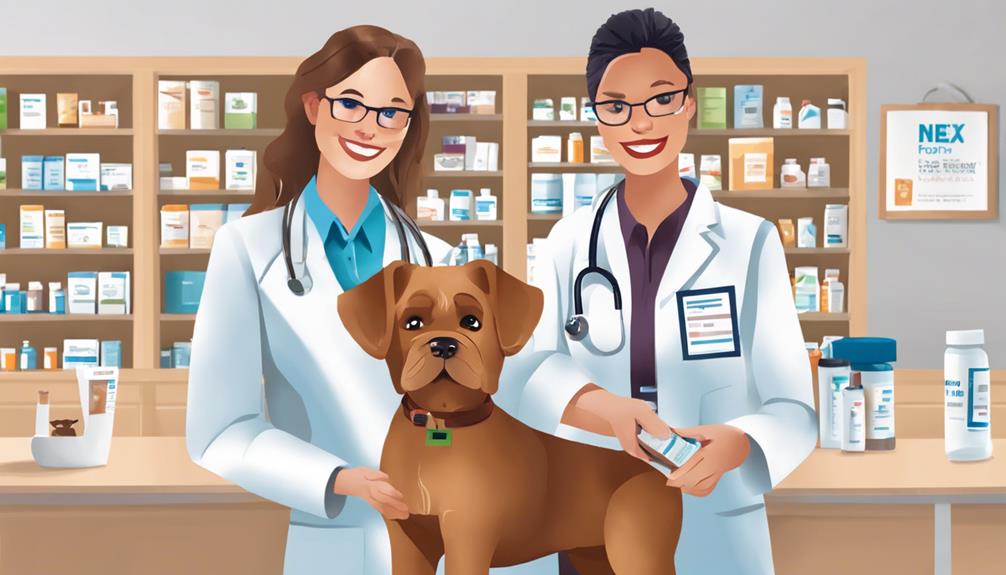Ways To Naturally Prevent Fleas On Dogs
To naturally prevent fleas on your dog, try using essential oils like lavender and peppermint diluted in carrier oils. Brush your dog's coat regularly for even distribution. Clean your dog's bedding frequently and maintain a flea-repellent diet with B vitamin-rich foods. Consider herbal flea collars and yard maintenance to control flea populations outdoors. Create a homemade flea spray using water and apple cider vinegar. Protect your furry friend's health and comfort naturally.
Key Takeaways
- Use essential oils like lavender, cedarwood, and peppermint for natural flea prevention.
- Regular grooming, including brushing, bathing, and nail trimming, helps deter fleas.
- Wash and clean the dog's bedding frequently to prevent flea infestations.
- Incorporate a flea-repellent diet with B vitamins, apple cider vinegar, and omega-3 fatty acids.
- Consider herbal flea collars infused with essential oils as a natural preventative measure.
Essential Oils
To naturally prevent fleas on dogs, incorporating essential oils into their grooming routine can be an effective and safe method. Essential oils like lavender, cedarwood, and peppermint have natural flea-repelling properties that can help keep these pesky parasites at bay. When using essential oils on your dog, remember to always dilute them with a carrier oil like coconut or olive oil to prevent skin irritation.
Start by adding a few drops of your chosen essential oil to a spray bottle filled with water. Shake well before lightly misting your dog's coat, avoiding the face and sensitive areas. Brushing your dog after applying the essential oil spray can help distribute it evenly and ensure maximum effectiveness. Additionally, you can add a few drops of essential oil to your dog's shampoo during bath time for added flea protection.
Remember to consult with your veterinarian before using essential oils on your dog, especially if they have any underlying health conditions or are pregnant. With proper dilution and application, essential oils can be a natural and pleasant way to help keep fleas away from your furry friend.
Regular Grooming
Regular grooming plays a crucial role in maintaining your dog's overall health and hygiene. By regularly brushing your dog's coat, you not only help distribute natural oils for healthy skin but also prevent mats and tangles that can harbor fleas. Bathing your dog with a gentle shampoo can also help remove any flea eggs or larvae present on their fur. Keep your dog's nails trimmed to a proper length to prevent discomfort and potential skin issues caused by scratching. Additionally, inspecting your dog's ears regularly for signs of irritation or infection can help catch any flea-related issues early on.
Regular grooming sessions provide the perfect opportunity to check for any signs of fleas or flea dirt on your dog's skin. This proactive approach allows you to address any flea problems promptly, preventing infestations before they become severe. In addition to keeping your dog flea-free, the bonding experience during grooming strengthens your relationship with your furry companion.
Clean Bedding
Ensuring your dog's bedding is kept clean and free of fleas is essential for their comfort and health. Wash your dog's bedding regularly in hot water to kill any fleas, eggs, or larvae that may be hiding in the fabric. Use a pet-safe laundry detergent to avoid any skin irritation for your furry friend. Additionally, vacuum around your dog's sleeping area frequently to remove any flea eggs or larvae that may have fallen off.
Consider using a flea-repellent spray on the bedding after washing it to provide extra protection. Natural options like cedar oil or lavender can help repel fleas while leaving a pleasant scent for your dog. Be sure to check your dog's bedding regularly for any signs of fleas or flea dirt, and wash it immediately if you suspect an infestation. Providing your dog with clean bedding won't only keep them comfortable but also help prevent flea infestations in your home.
Flea-Repellent Diet
Keeping your dog free from fleas can be supported by incorporating a flea-repellent diet into their daily meals. Certain foods can help create an environment that's less attractive to fleas, making your dog less prone to infestations. Foods rich in B vitamins, such as liver and green leafy vegetables, can help create an odor that's unappealing to fleas. Adding a teaspoon of apple cider vinegar to your dog's water bowl can also make their skin more acidic, deterring fleas.
Omega-3 fatty acids found in fish like salmon and sardines can help promote healthy skin and a shiny coat, making it harder for fleas to latch on. Garlic, when given in small amounts, can act as a natural flea repellent due to its strong smell. However, be cautious with the amount of garlic as excessive consumption can be harmful to your dog.
Herbal Flea Collars
To naturally repel fleas on your dog, consider utilizing herbal flea collars as an effective preventative measure. Herbal flea collars are a natural alternative to chemical-based flea collars and can help keep those pesky parasites at bay. These collars are infused with essential oils like cedarwood, lavender, or eucalyptus, which are known for their flea-repelling properties.
When choosing a herbal flea collar for your dog, opt for ones made with high-quality ingredients and ensure that they're properly sized for your pet. Remember to replace the collar as recommended by the manufacturer to maintain its effectiveness.
Herbal flea collars work by emitting a scent that fleas find unpleasant, deterring them from latching onto your dog's fur. They're easy to use and are a convenient way to provide continuous protection against fleas. Additionally, herbal flea collars are generally safe for dogs, but it's essential to monitor your pet for any signs of irritation or discomfort while wearing the collar.
Yard Maintenance
Maintain a flea-free environment for your dog by paying attention to yard upkeep. Regularly mowing your lawn and trimming bushes and shrubs can help reduce the presence of fleas in your outdoor space. Fleas thrive in tall grass and shady areas, so keeping your yard well-maintained can make it less hospitable for these pests. Remove any debris or clutter in your yard where fleas could hide, such as piles of leaves or old furniture.
Consider using nematodes, tiny roundworms that feed on flea larvae, as a natural way to control flea populations in your yard. You can introduce nematodes to your lawn by spraying them with a hose-end sprayer. These beneficial organisms can help reduce the number of fleas in your yard without the use of harmful chemicals. Additionally, creating a barrier of diatomaceous earth around the perimeter of your yard can deter fleas from entering.
Regularly inspect your yard for any signs of flea activity, such as excessive scratching or visible fleas, to address the issue promptly. By maintaining your yard properly, you can help prevent fleas from bothering your furry friend.
Natural Flea Spray
Consider using a homemade natural flea spray to help keep your dog free from these pesky parasites. Making your own flea spray isn't only cost-effective but also ensures that you know exactly what ingredients are being used on your furry friend.
One popular recipe involves mixing equal parts water and apple cider vinegar in a spray bottle. The acidic nature of apple cider vinegar helps repel fleas while being safe for your dog. You can also add a few drops of essential oils such as lavender, peppermint, or cedarwood, which are known for their flea-repelling properties.
Remember to shake the spray bottle well before each use and apply it to your dog's coat, avoiding the eyes, nose, and mouth. Regular use of this natural flea spray can help prevent flea infestations and keep your dog comfortable and itch-free without the use of harsh chemicals.
Conclusion
In conclusion, there are many natural ways to prevent fleas on your dog. By using essential oils, regular grooming, clean bedding, a flea-repellent diet, herbal flea collars, yard maintenance, and natural flea spray, you can help keep your furry friend flea-free.
Remember to consult with your veterinarian before trying any new methods to ensure they're safe for your pet. With these preventative measures in place, you can help keep your dog healthy and happy.
